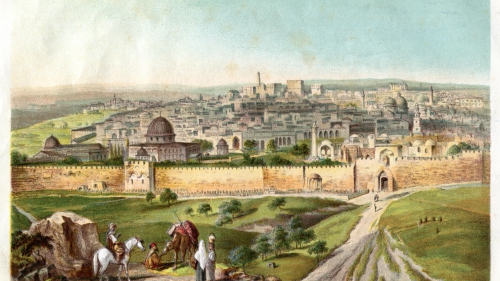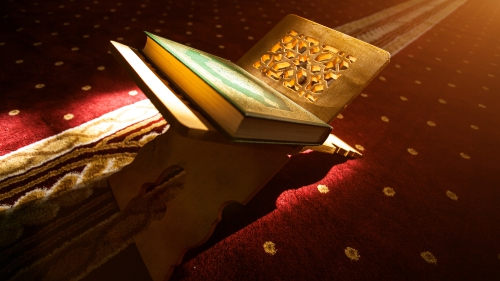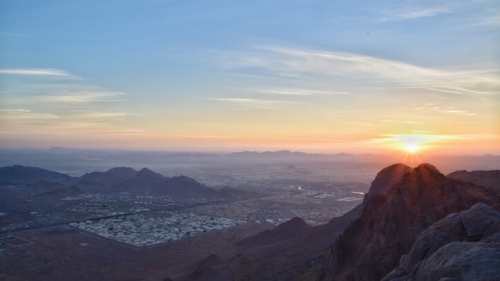Lessons from the Golden Era of Andalusia
Every civilization stamps its own mark on history - but the Islamic period of rule over the Iberian peninsula has many features which are not often widely known or appreciated. The Algerian academic Saadane Benbabaali has now retired from teaching at Paris University III. But partly because his ancestors came from what's now the southern Spanish region of Andalusia, he became passionate about the region and for fifteen years, led groups of students on his annual trips there.
He came to believe that the period of Arab, Muslim rule there in what was called Al Andalus was arguably the only time in European history when Muslims, Jews and Christians lived relatively peacefully together – and produced a common culture and harmonious society. Furthermore, he believes that the period and place have powerful lessons for what he sees as today's fractured world.
"Today we need all those [Andalusian] philosophers, thinkers and Sufis, who like [the scholar] Ibn Arabi, made love the basis of human relationships," explains Benbabaali.
Origins of Andalusia and Al Andalus
Arabs came to Spain in CE 711 under the command of Tariq ibn Ziyad, who landed with his army at a spot he named 'Jabl al Tariq' (the Rock of Tariq). The location is now known as Gibraltar. The Muslim armies eventually occupied most of present-day Portugal, Spain and parts of Southern France until their defeat and expulsion in 1492.
The region came to be ruled by the leader Abdurahman of the Umayyid dynasty whose power base was in Baghdad.
The 'Golden Age' of Al Andalus
In Muslim Al Andalus, Jews and Christians had to pay Jizya, a tax levied on non-Muslim citizens living in Muslim lands in exchange for protection. Muslims also paid a tax called zakaat, one of the five pillars of Islam. Non-Muslims were allowed to practise their faith freely and this sense of relative unity made Al Andalus prosperous, culturally as well as economically.
At this time, the region became a hub for social and cultural exchange, while advances in the arts, science, medicine and maths flourished and spread around the known world. The era also produced some of the most significant scholars, poets, musicians, philosophers, historians and thinkers of the medieval age - such as Ibn Arabi, Ibn Rushd (also known as Averroes), Al Zarqali (Arzachel in Latin), Al Zahrawi (Abulcasis in Latin) and Ibn Firnas, among others.
In the Arab, Muslim consciousness, this era is often thought of and referred to as the 'Golden Age'.
Topics: Al-Andalus, History, Islamic Golden Age, Muslim Spain
Views: 3668
Related Suggestions

















